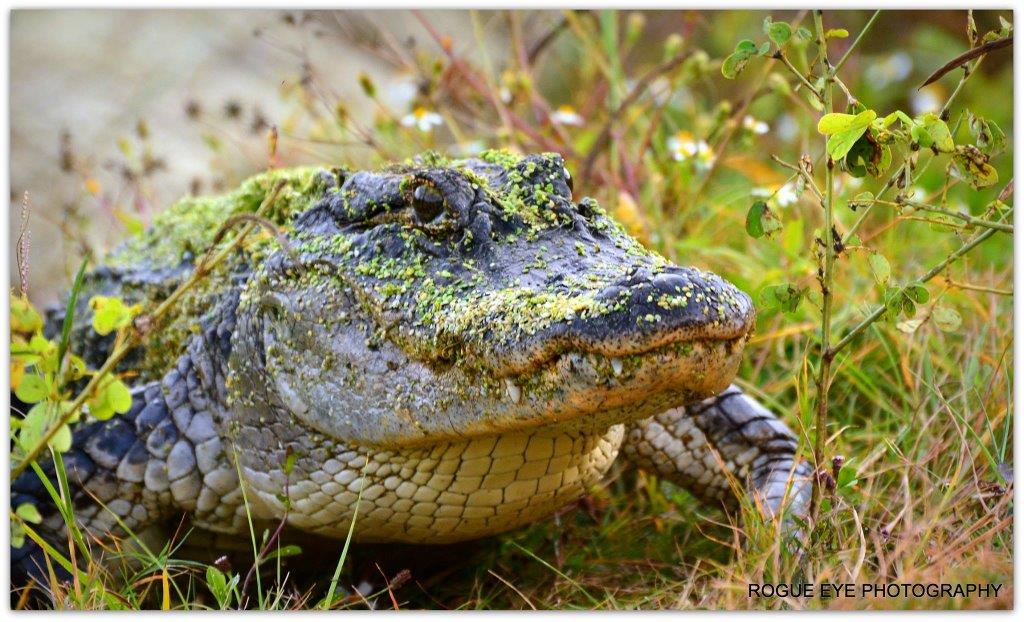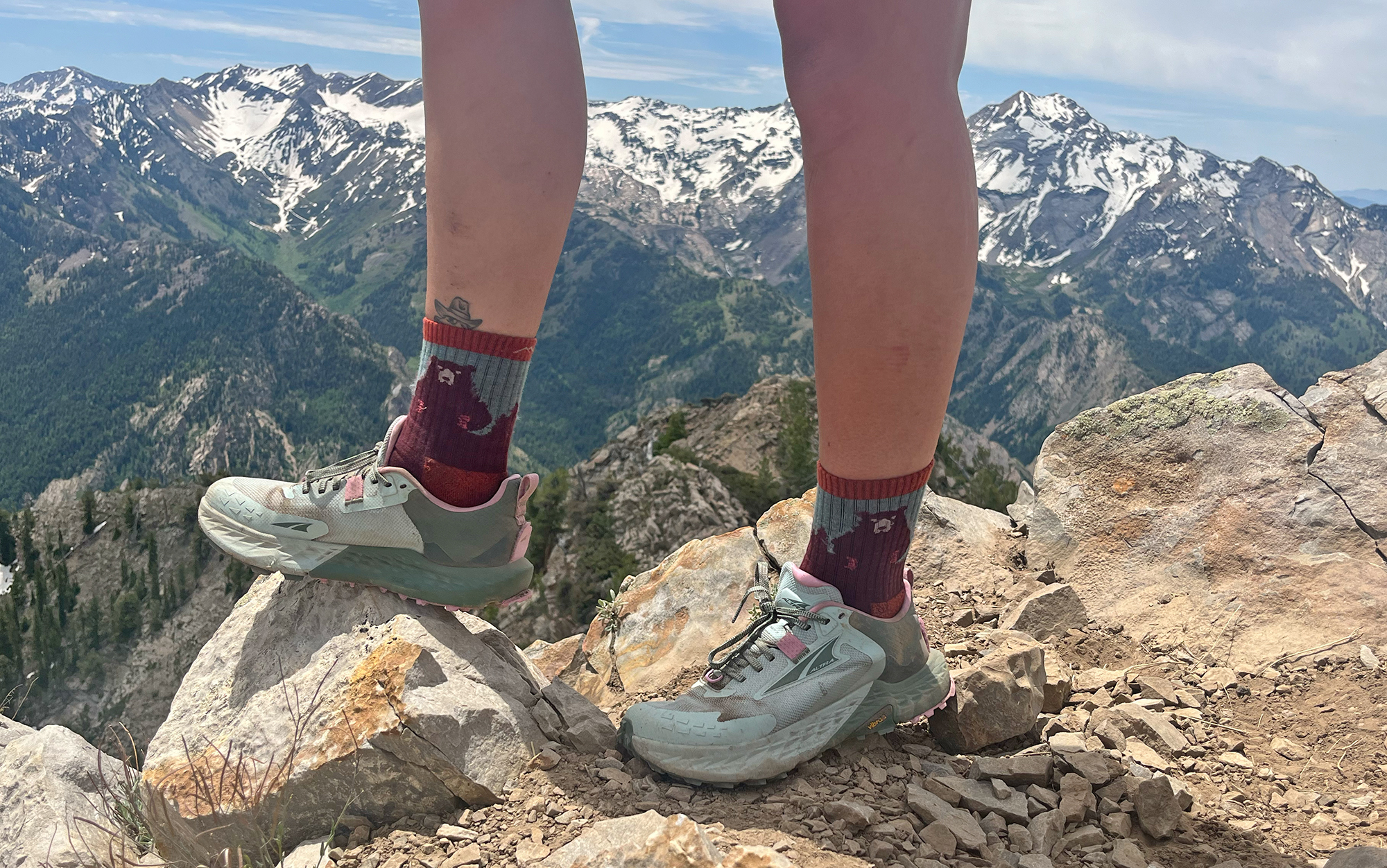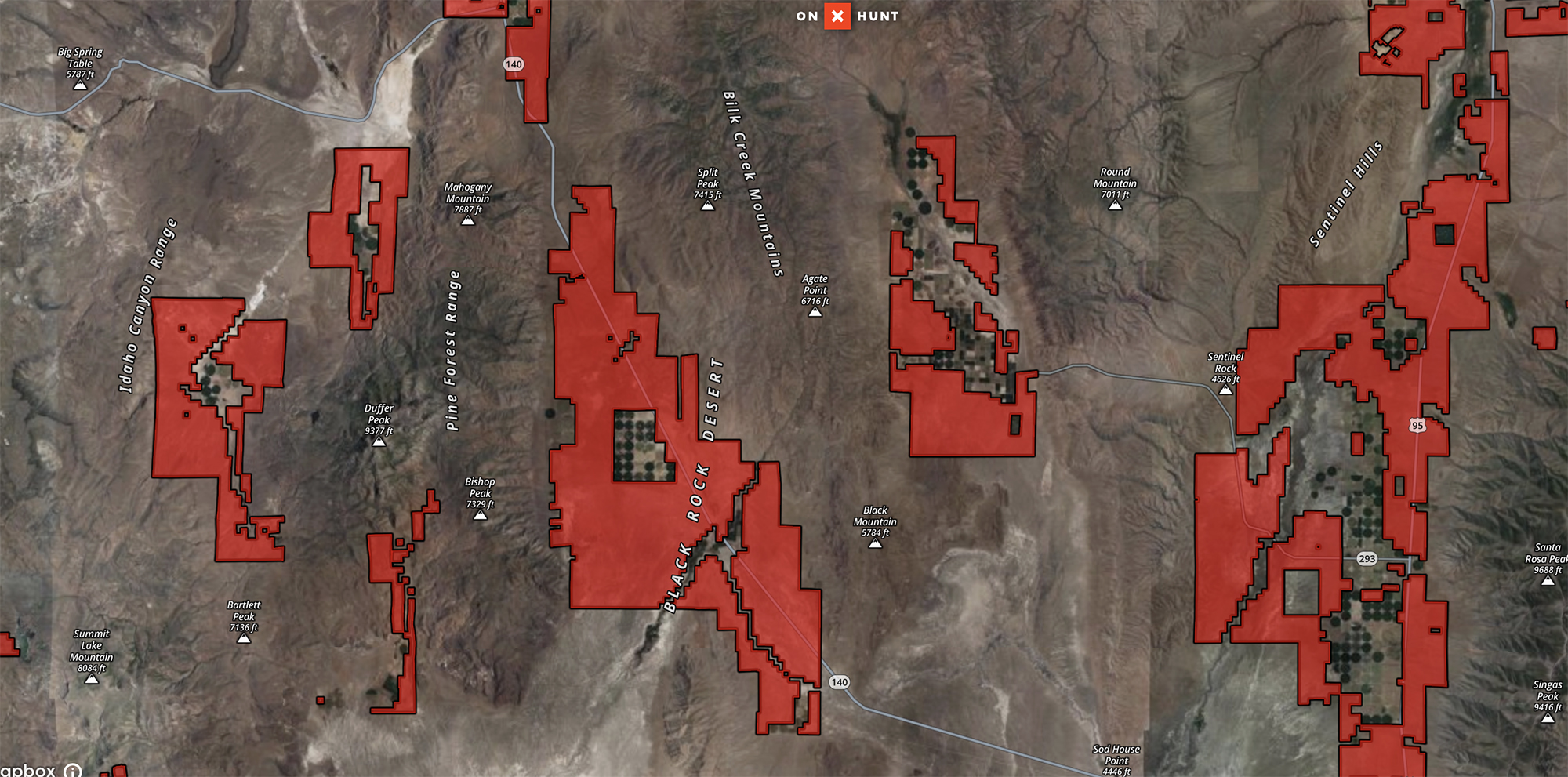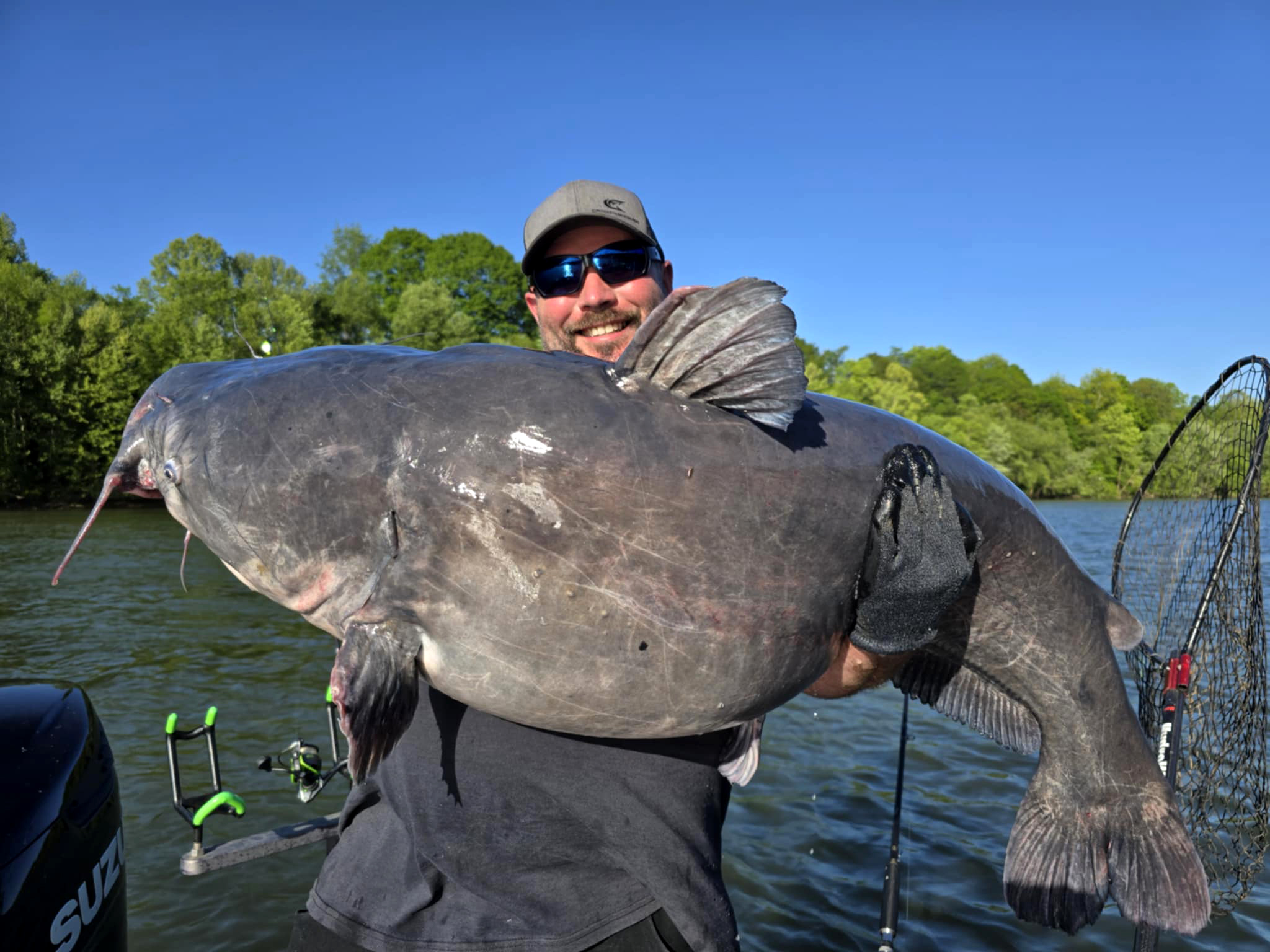Can Turkeys Drown in the Rain?
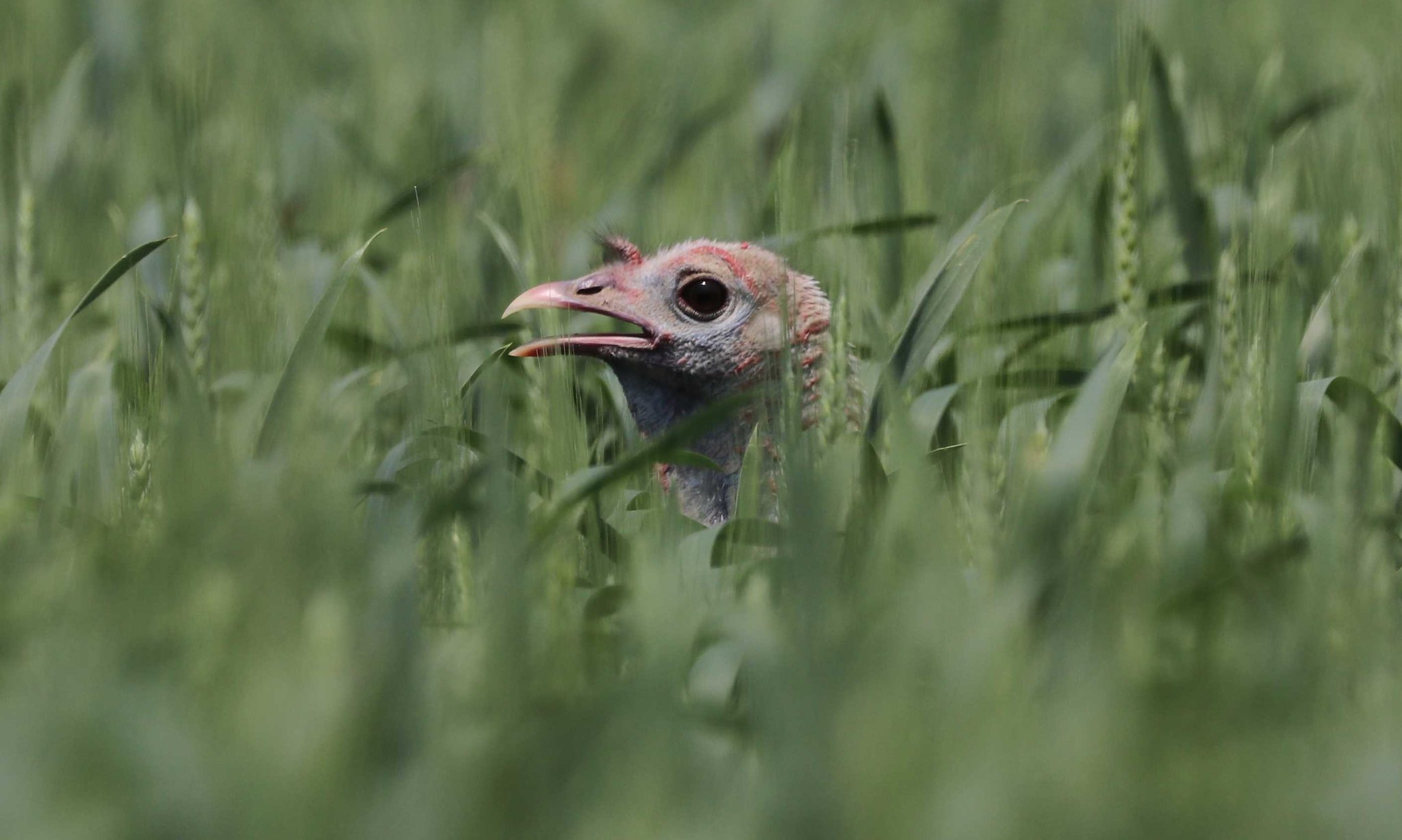
I was a kid when I first heard that turkeys would drown themselves in the rain. My father, whom I thought of as a turkey-hunting god, told me that during a heavy late-spring rain. He said that turkey poults were so stupid that they would stare up at the sky trying to figure out what was falling on their heads until the water flooded their lungs. He said it like it was the gospel truth, and I never questioned the allegation for years.
My family wasn’t unique. The myth that turkeys, particularly young poults, will drown by looking skyward when it rains is a pervasive one. But as I got some turkey-hunting experience of my own under my belt, my doubts started to grow. If death by raindrop were a common occurrence in wild turkey populations, surely we’d be stepping over dead birds every time we set foot in the woods. I stopped believing in this myth a while back, but to settle some remaining questions, I decided to dig into the science to see if turkeys really can drown in the rain or if the assertion is nothing more than folklore.
The Myth’s Origin
So where did the persistent turkey-drowning legend come from? It’s possible that some poultry farmer saw his domestic turkeys acting bird-brained in the rain, gazing up to the heavens, trying to figure out why the sky is falling. Domestic turkeys were selectively bred for their ability to gain weight, so it shouldn’t be a surprise that they may lack some necessary survival skills.
Wild turkeys, on the other hand, grow up dodging predators. While they might not be analyzing Shakespeare, they wouldn’t survive in the wild if they were “dumb.”
“Turkeys probably can’t do multivariable calculus or explain string theory, but then neither can most people I know (me included),” Christopher Elphick, an ornithologist at the University of Connecticut, told Salon. “At one level, any organism that can survive and thrive in a constantly changing environment that they have little control over, as turkeys often do, must be doing something right.”
What the Experts Say
Adam Butler is the head of the Mississippi Department of Wildlife, Fisheries, and Parks’ Wild Turkey Program. With 16 years of field experience with MDWFP, he knows a thing or two about wild turkeys. Butler says there’s no truth to the myth.
“They don’t drown themselves,” Butler tells Outdoor Life. “But there is validity to the notion that when they are very young, and still covered in down and can’t thermoregulate. In some places, not necessarily in the Deep South, but in other parts of the country, where you might get a late cold snap with some cold rain, it is possible that they could get chilled enough that it could cause problems, potentially even mortality. It’s not that they are drowning; it’s that they can’t properly maintain their body temperature.”
Wild turkeys have a respiratory system designed to keep them breathing no matter what kind of weather is expected in the forecast. What we think of as nostrils are actually called nares — two holes on a turkey’s beak. Their trachea leads directly to their lungs, and turkeys aren’t typically mouth-breathers. There may be some slight panting if a bird is sick or extremely hot, but like most birds, turkeys breathe primarily through their nares. So, the idea that one would just stand there, beak agape, as rainwater fills up its lungs like a rain gauge is pretty ridiculous when you think about it.
Turkeys also have monocular vision, according to Mike Chamberlain, professor of wildlife ecology and management at the University of Georgia, which means their eyes function independently of one another. This positioning provides a nice wide field of view, which is great for detecting approaching predators, but not so great for depth perception. It’s one of the reasons turkeys, like most birds, do a lot of head bobbing and neck twisting. It also means if a turkey wants to get a good view of something, it’s probably going to cock its head to one side rather than point its beak straight up to get a better view of falling raindrops.
Turkeys occasionally gaze upward, but they probably aren’t trying to look at passing rainclouds.
“There are times that turkeys can be observed staring into the sky, but why that occurs is not known,” Purdue University extension poultry scientist Darrin Karcher once told Fox Weather. “There is a ‘neurological disorder,’ very uncommon, that results in turkeys having a ‘spasm’ where they are looking toward the sky for 30 to 60 seconds of time. However, nothing to do with staring into the sky during a rain event resulting in drowning.”
How Wild Turkeys Handle the Rain
We’ve established that turkeys aren’t drowning in droves when it drizzles. So, what do they do when the skies open up?
Wild turkeys have several traits that help them deal with wet weather. First, they have a gland at the base of their tail that secretes a waxy, oily substance that works wonderfully for weatherproofing. During preening, turkeys spread the substance from their uropygial gland across their feathers. Turkeys also shake themselves frequently, especially when it rains, which helps them shed the water droplets that accumulate on their waterproofed feathers.
Read Next: Why Do Turkeys Have Snoods?
Turkeys also like to leave dense woods to congregate in open fields when the weather gets soggy. Open areas allow for better airflow, which helps wet feathers dry faster. Soaked fields and clearings also offer a veritable smorgasbord as the saturated ground moves worms, grubs, and other insects to the surface, making them easy pickings for wild turkeys.
Final Thoughts
Old legends die hard, which is probably why the myth that turkeys drown themselves in the rain has existed for so long. The truth is that wild turkeys have managed to survive rainstorms for millions of years. They wouldn’t still drive hunters crazy each spring if they were prone to accidental drowning via precipitation. The fact that we’ve spent so much time believing a wild bird could drown itself probably says more about us than it does about them.
Read the full article here


